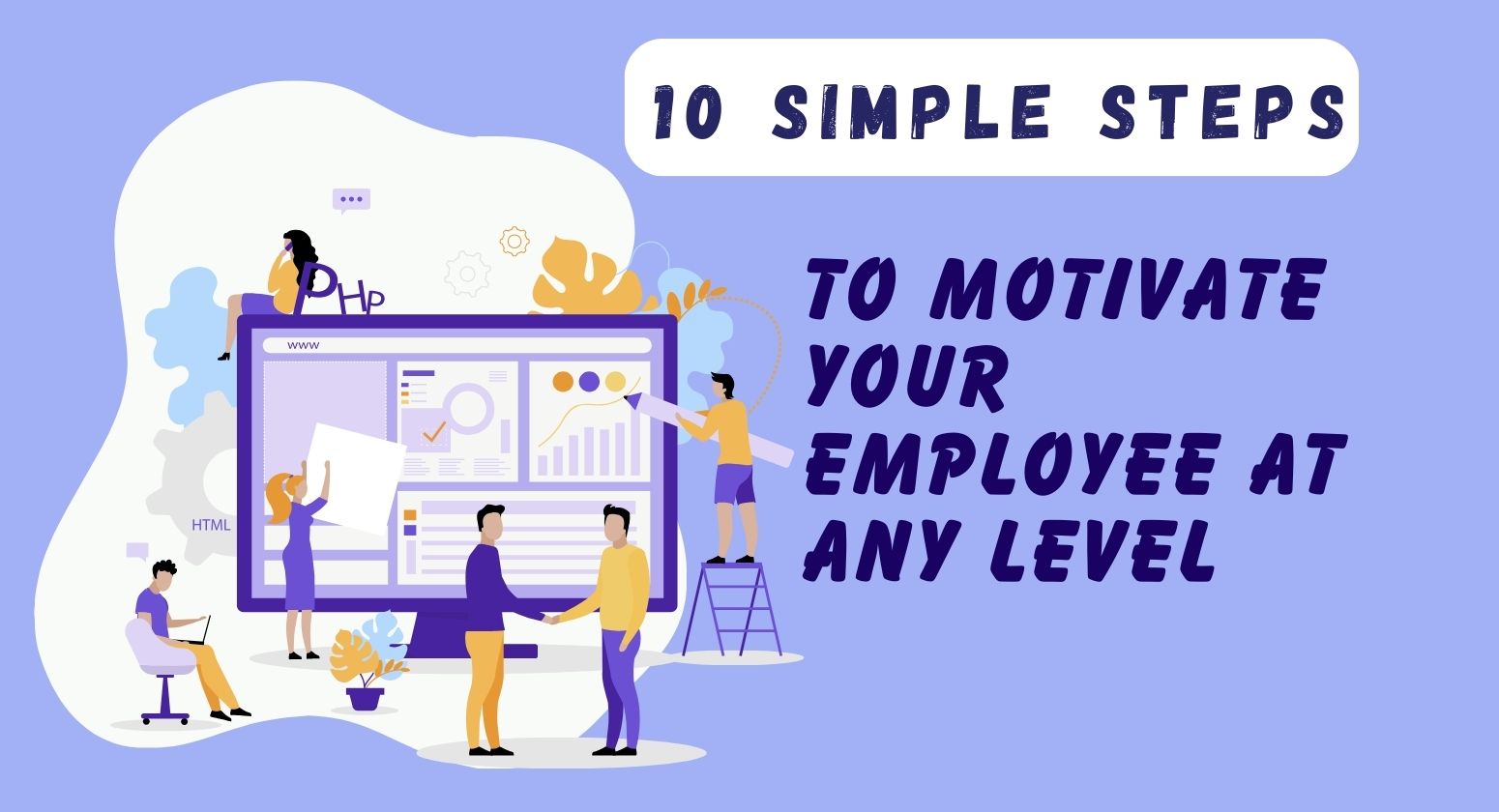
Employee retention is an important issue for organisations worried about increasing attrition or the cost of hiring and training new employees.
Considering the reasons why skilled employees resign can be beneficial to businesses when considering future hiring processes.
Furthermore, organisations may consider key aspects of retention and changes needed to reduce attrition in the future.
Improving employee retention with 8 simple strategies:
1.Offer competitive compensation
A key reason employees resign can be attributed to insufficient compensation and benefits. According to Business News Daily uncompetitive salaries and benefits drive employees to seek other opportunities. Rewarding high-performing employees with a competitive salary benefits business by reducing hiring and training costs if that employee were to leave. Competitive salaries increase productivity and employee engagement.
2.Prioritize career development and growth
Employees cite limited opportunities for growth and advancement as another key reasons for resignation. Business News Daily reports 26 per cent of survey respondents would leave a job if there were no career opportunities. Offering personal development programs to improve the skills and training of employees is a valuable investment. By providing opportunities for up-skilling or mentoring, employees will increase their capabilities and capacity.
3.Skilled managers inspire retention
Managers play a key role in retention especially in organisations with several layers of management. Employees who perceive managers to be micro-managers, or possessing poor people skills, are more likely to resign. Training and mentorship of managers is crucial to employee retention.
4.Employee engagement programming
Employees who are engaged and connected with their colleagues and employer are more likely to have high retention rates. Employers should develop engagement initiatives and programs to build a sense of community. Programs could include team building, rewards, or coffee and cake mornings. Welcoming new employees and building relationships plays an important part in engagement and retention.
5.Broad benefits strengthen engagement
While salary is an important factor in retention, many employees feel more strongly connected to their employer when given flexible working arrangements, entertainment vouchers, or employee events. Regular surveys of employees can reveal surprising results about the types of benefits employees seek.
6. Be a leader, not a boss
Leading a team is about connecting hearts and minds. Paying attention to the happiness and culture of the organisation or team is a powerful way to improve retention. When employees feel connected, motivated and valued by their manager, they are more likely to be more effective and resourceful.
Three characteristics of strong leadership which employers may consider:
1. Motivation
Motivate your employees to challenge themselves and consistently strive for improvement.
2. Resilience and creativity
Showing resilience during difficult times inspires employees, and creative problem solving can lead to the best solution
3. Open-minded attitude
Accepting opinions and suggestions from employees shows a strength of character and confidence in the skill and experience of a team.
7.Encourage leadership
Empowering employees to lead can significantly improve retention, by rewarding and inspiring ideas, solutions and problem solving. When employees feel valued for their ideas and effort, creativity tends to grow.
8. Maintain a healthy working environment
The working environment plays a key role in employee retention specifically in terms of culture, workload, and relationships. Paying attention to the culture and relationships between employees prevents toxic situations. Further, managing workload distribution can create a shared sense of responsibility.
Conclusion
Employee retention plays a key role in the profitability of your business. Attrition can cause issues with culture and increase the costs of hiring and training new employees. By considering compensation, career development, management skills, engagement, culture and leadership styles, employers can improve retention and create a stronger workforce.






